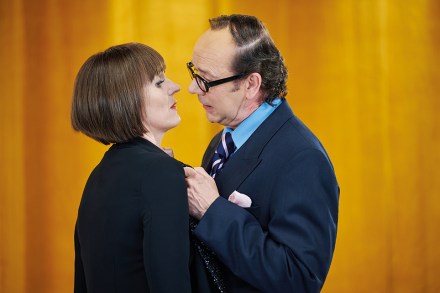Petrol, seawater and blood: the horror of Cornwall
Penwith isn’t an island, but it feels like one. The heathland above the cliffs is filled with mine workings and Iron and Bronze Age relics: menhirs, fogous and quoits. To most visitors Cornwall is as simple as the GWR posters: gaudy pastels, happy children, ice cream. This Cornwall exists for six weeks in the summer holidays, the setting for a visitor’s bourgeois childhood – Enid Blyton’s Cornwall, principally – but it’s not the essential one. There are multiple real Cornwalls, and they have nothing to do with the tourist aesthetic, which the visitors bring with them. In this spirit, Cornwall’s famous writers are usually from outside: Virginia Woolf (Kensington); Daphne




















